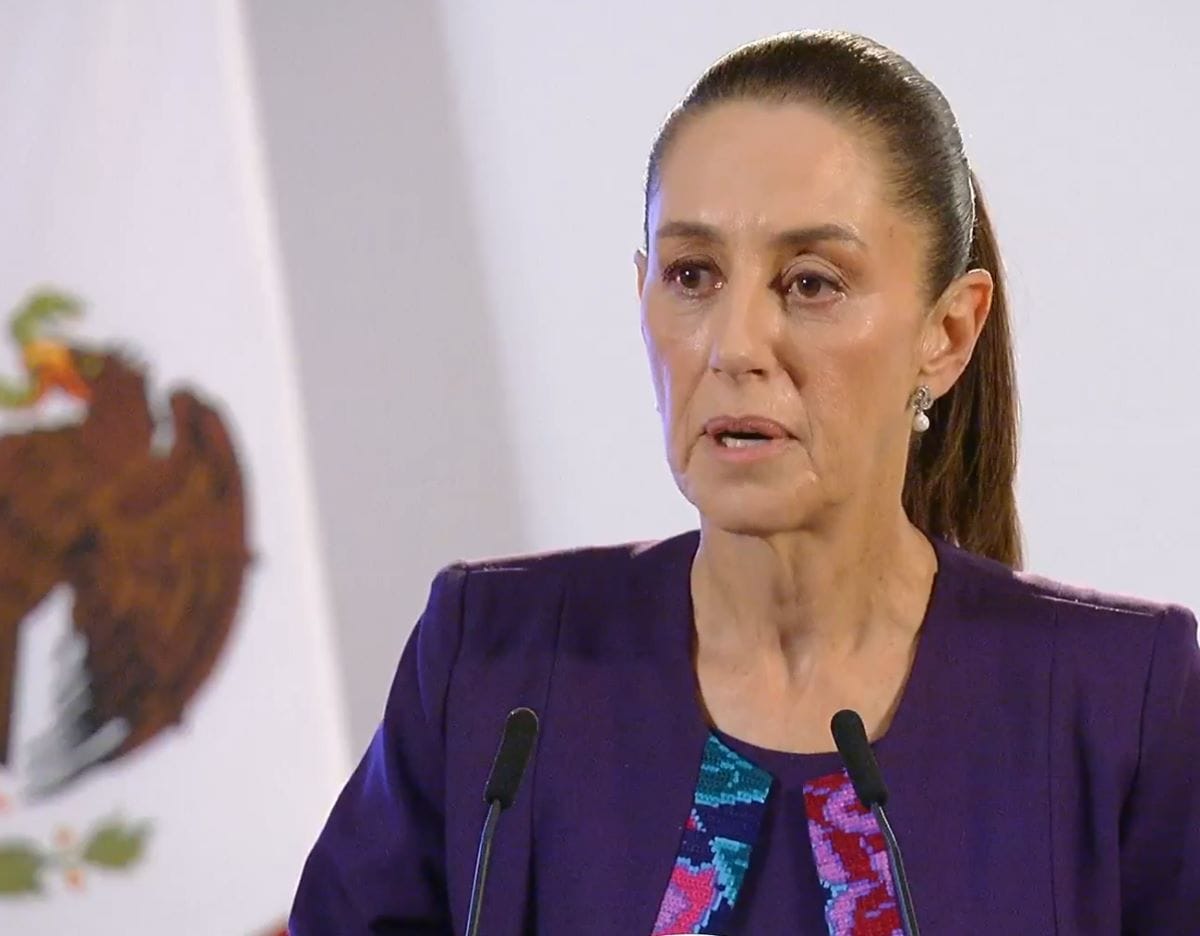Sheinbaum Outlines Key Priorities in Latest Press Conference
President Sheinbaum addresses hurricane recovery in Acapulco, energy reform strengthening state control, ambitious railroad expansion plans, and support for Colombia's President Petro.

In a comprehensive morning press conference on Wednesday, President Claudia Sheinbaum addressed a range of pressing issues confronting her administration. From post-hurricane disaster relief to energy reform and public transportation, Sheinbaum outlined the government's immediate priorities while also taking a moment to express solidarity with Colombia's President Gustavo Petro, who is facing an electoral investigation.
In the wake of Hurricane "John," which devastated Acapulco with heavy rains and flooding, President Sheinbaum announced the government’s plans to relocate displaced families whose homes are now uninhabitable. "We will relocate victims affected by 'John,'" Sheinbaum declared, ensuring that immediate relief would be forthcoming for those hardest hit by the natural disaster.




